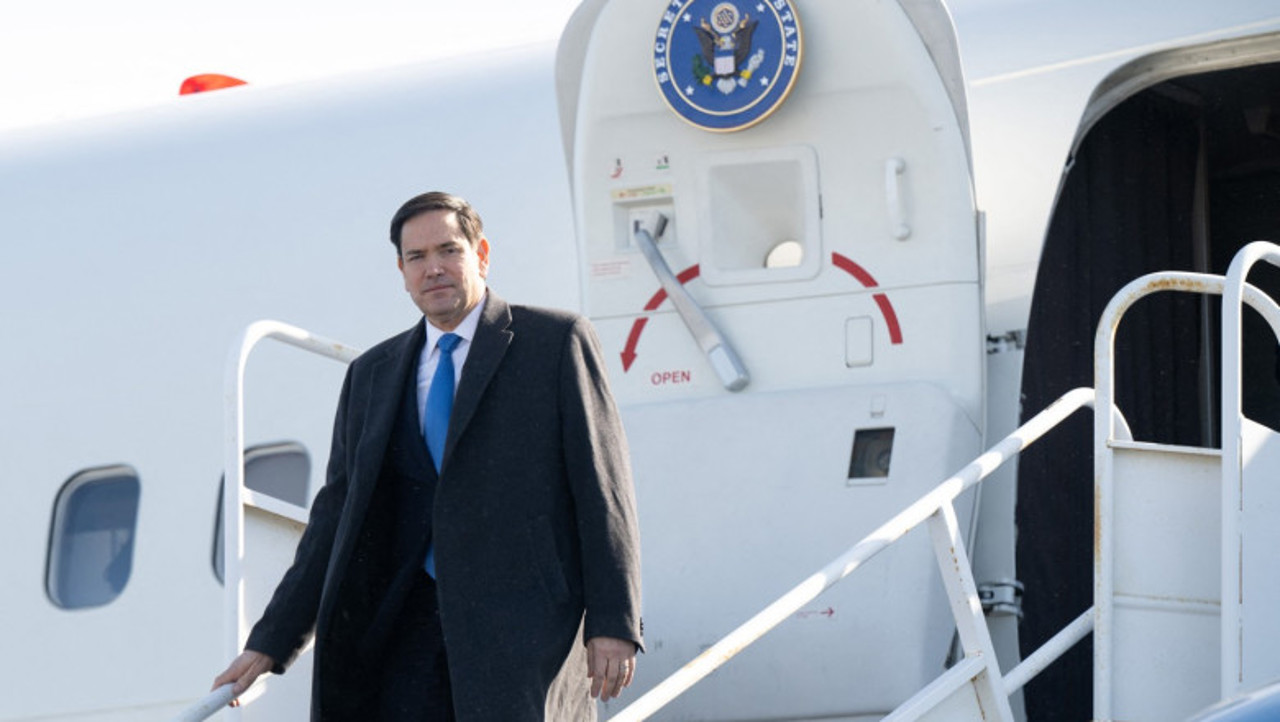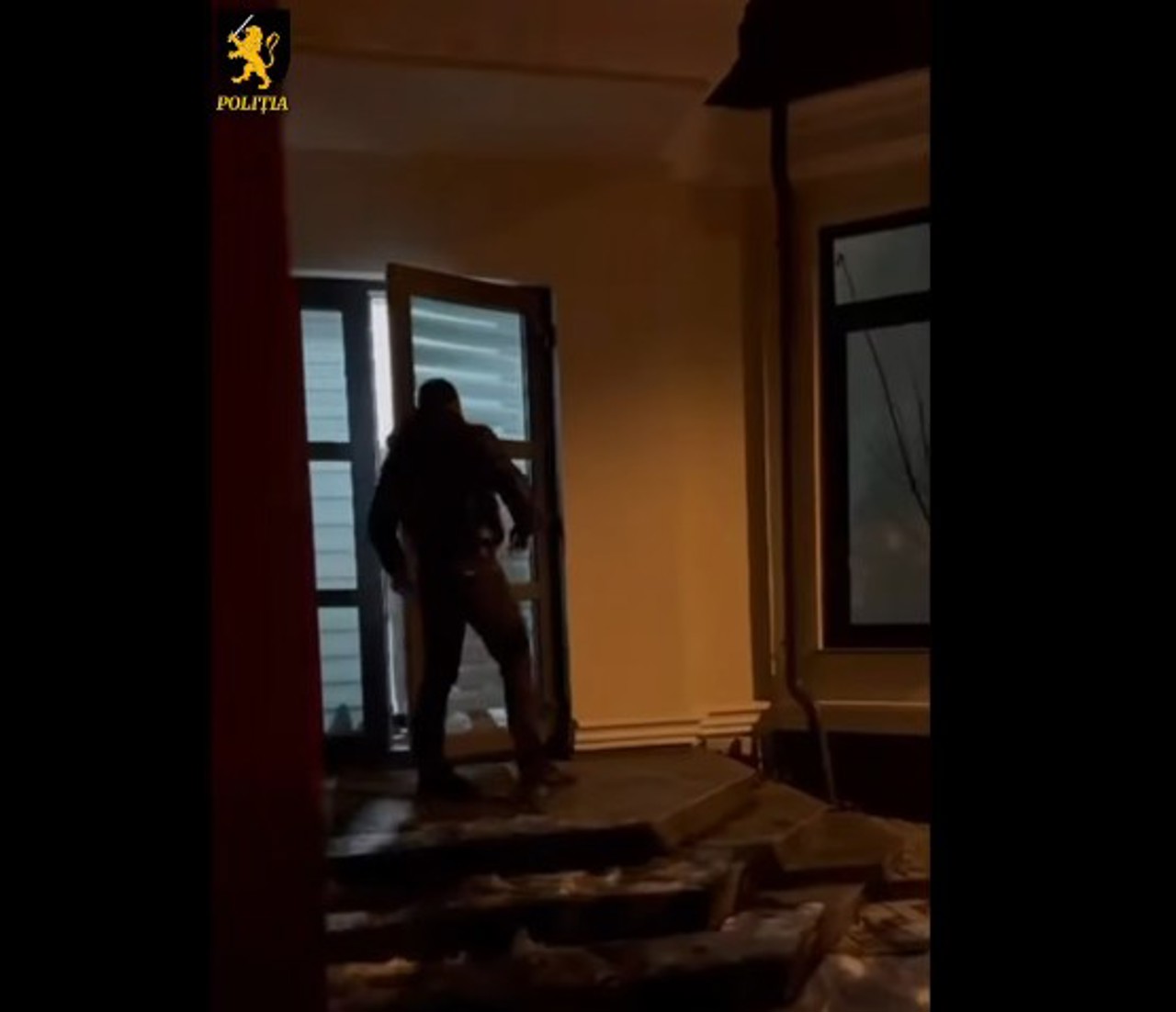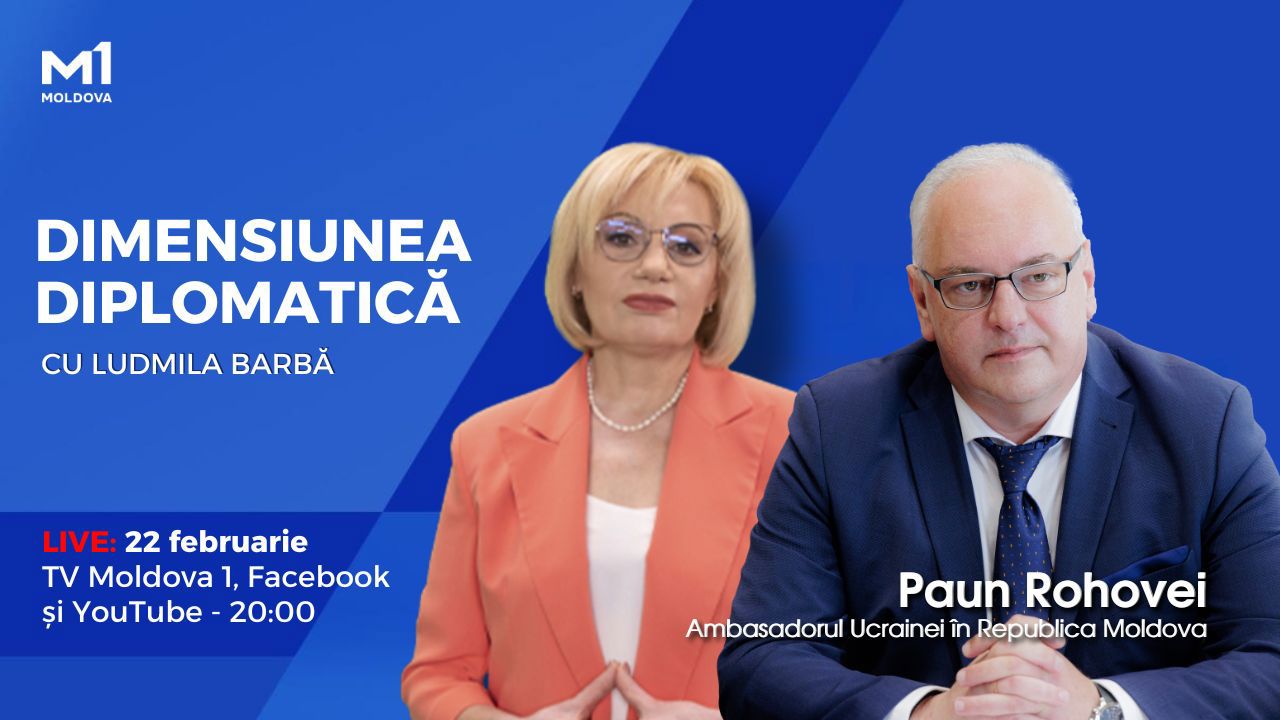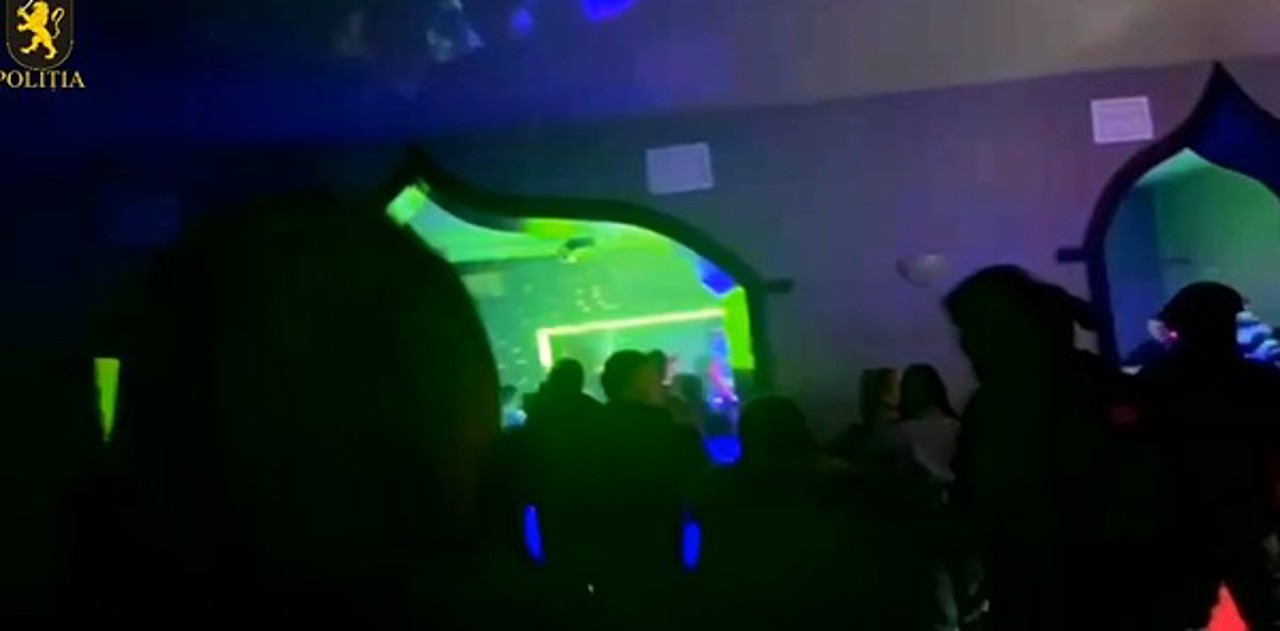G7 ministers meet in Canada amid growing U.S. tensions
The foreign ministers of the G7, consisting of the major Western democracies, are meeting today in Canada, following seven weeks of escalating tensions between U.S. allies and President Donald Trump due to the changes he has made in foreign policy concerning Ukraine and the imposition of tariffs, Reuters reports.

Along with European Union representatives, they will discuss the most pressing issues of the moment during two days of meetings.
According to the agenda, Washington’s partners are seeking a summary of U.S. Secretary of State Marco Rubio’s discussions on Tuesday with officials in Kiev, in Jeddah, Saudi Arabia, where Ukraine expressed its readiness to support a 30-day ceasefire agreement.
However, ahead of the first G7 meeting during Canada’s presidency, negotiating a comprehensive final statement has proven difficult. The U.S. decision to impose a 25% tariff on all steel and aluminum imports immediately triggered retaliatory measures from Canada and the European Union, underscoring the tensions.
Additionally, Washington opposed a separate statement on limiting Russia’s "ghost fleet" and called for a firmer stance against China.
On Monday, Marco Rubio warned that the U.S. did not want “language that could undermine efforts to bring Russia and Ukraine to the negotiating table.” He added on Wednesday that “a strong G7 statement should recognize that the United States has made progress in the process of ending the war.”
Tensions are also evident in the U.S.-Canada relationship, amidst Trump’s threats to impose tariffs on all Canadian imports and his comments about annexing the country as the “51st state” of the U.S. Rubio attempted to calm the situation by saying, “We will focus on all these issues at the G7. That’s the purpose of the meeting. This is not a meeting about how we are going to annex Canada.”
Canadian Foreign Minister Mélanie Joly stated that she would take a proactive approach during the meeting: “In every meeting, I will raise the issue of tariffs to coordinate a response with Europeans and to pressure the Americans.”
European diplomats view the summit as an opportunity to assess Rubio’s influence on U.S. foreign policy, considering that Donald Trump has also used other officials, unrelated to the State Department, for international negotiations, creating uncertainty among allies.
Translation by Iurie Tataru





